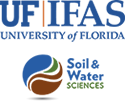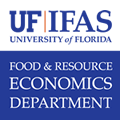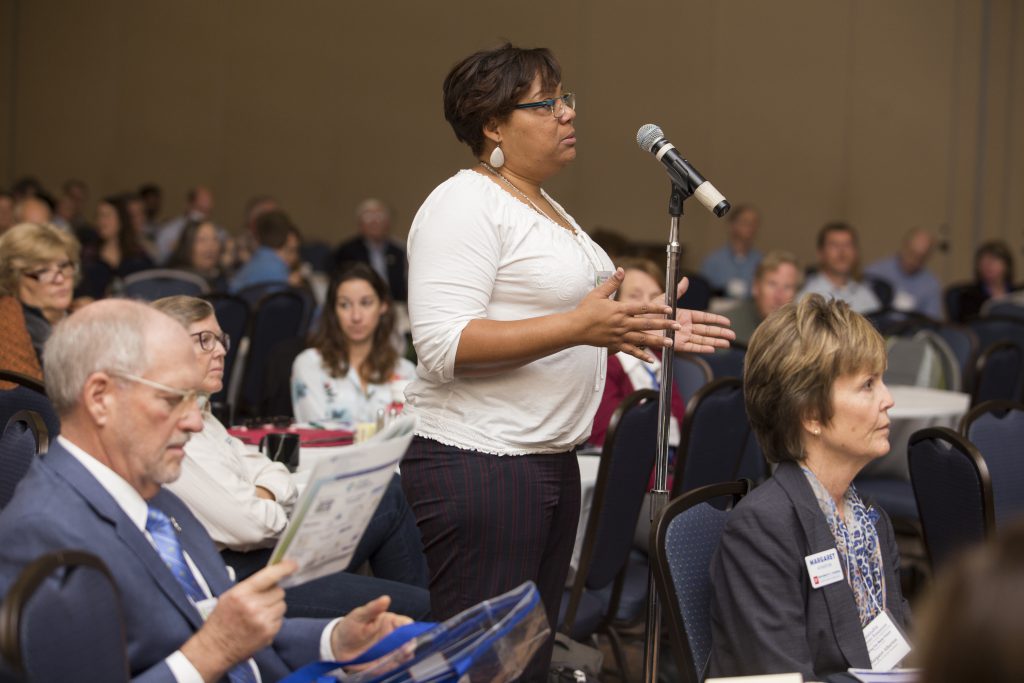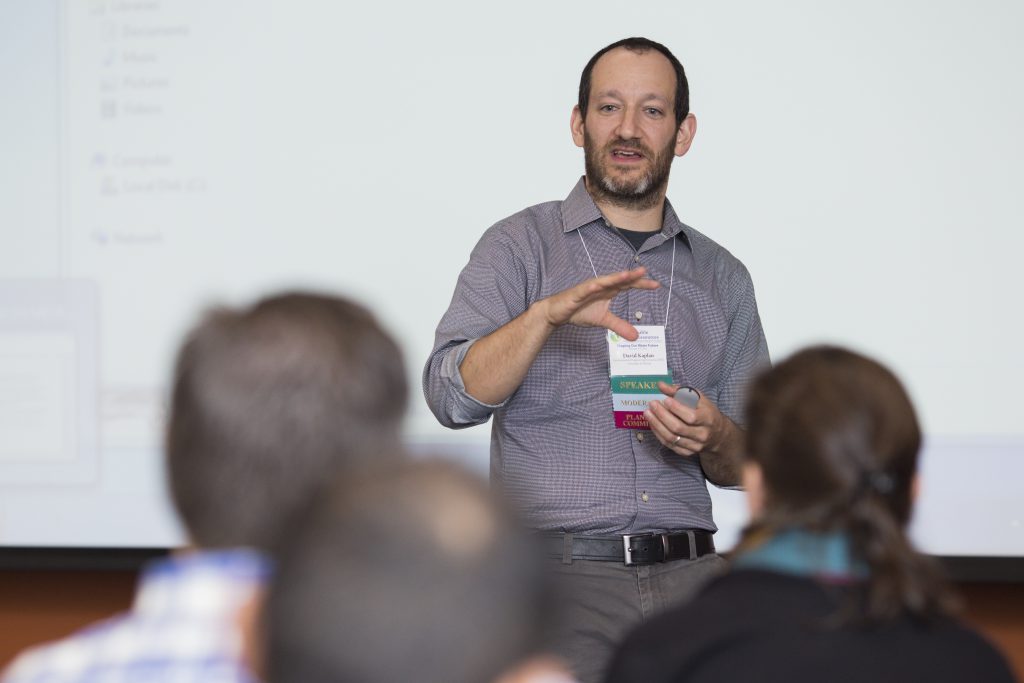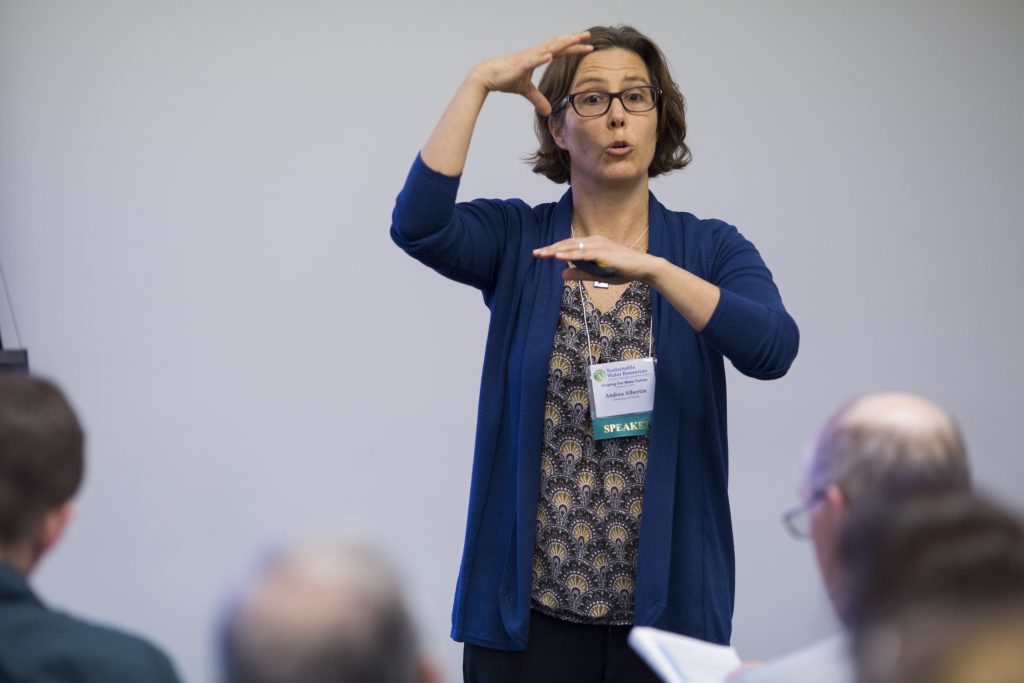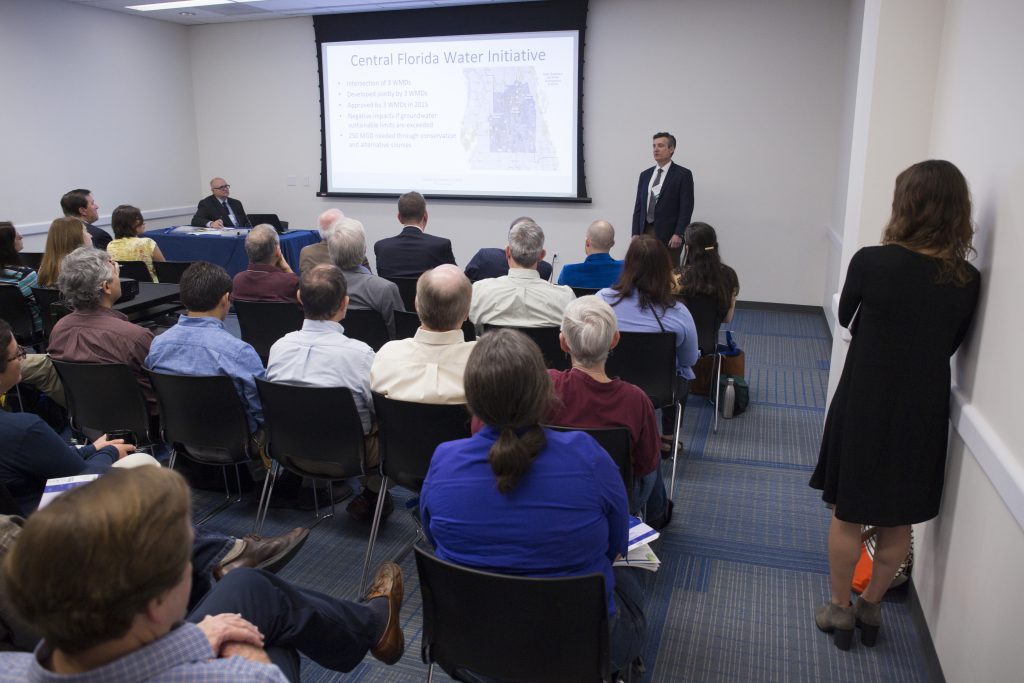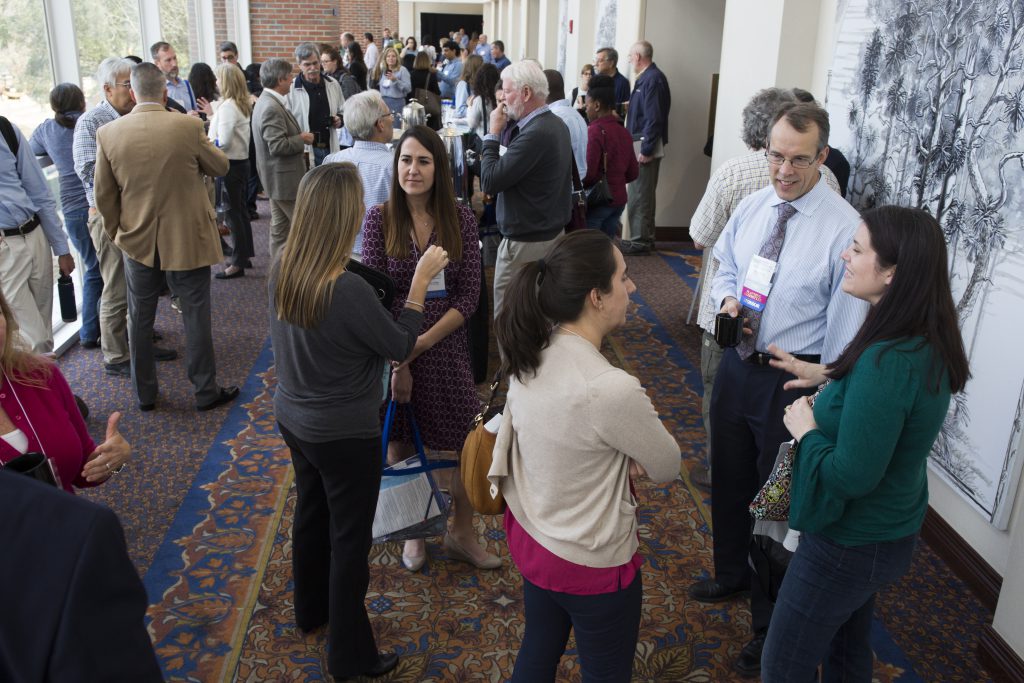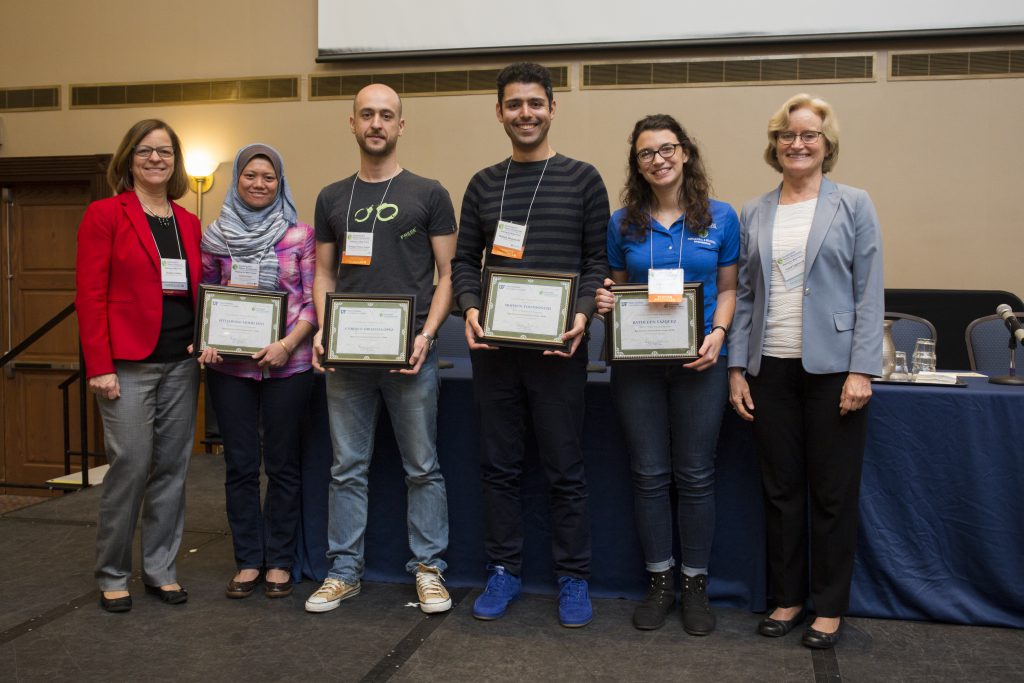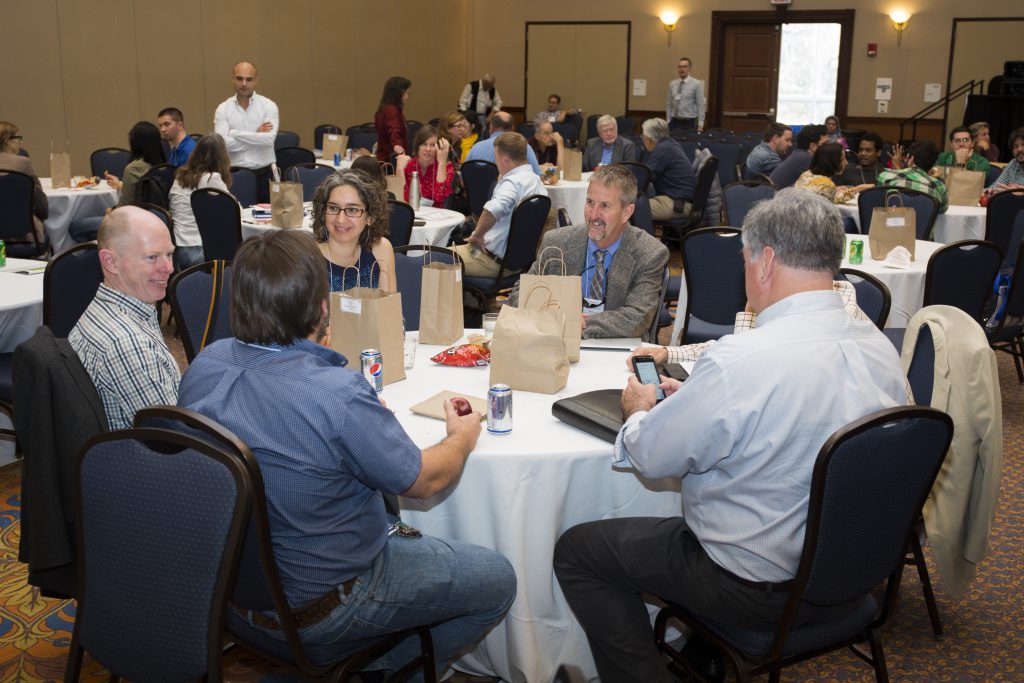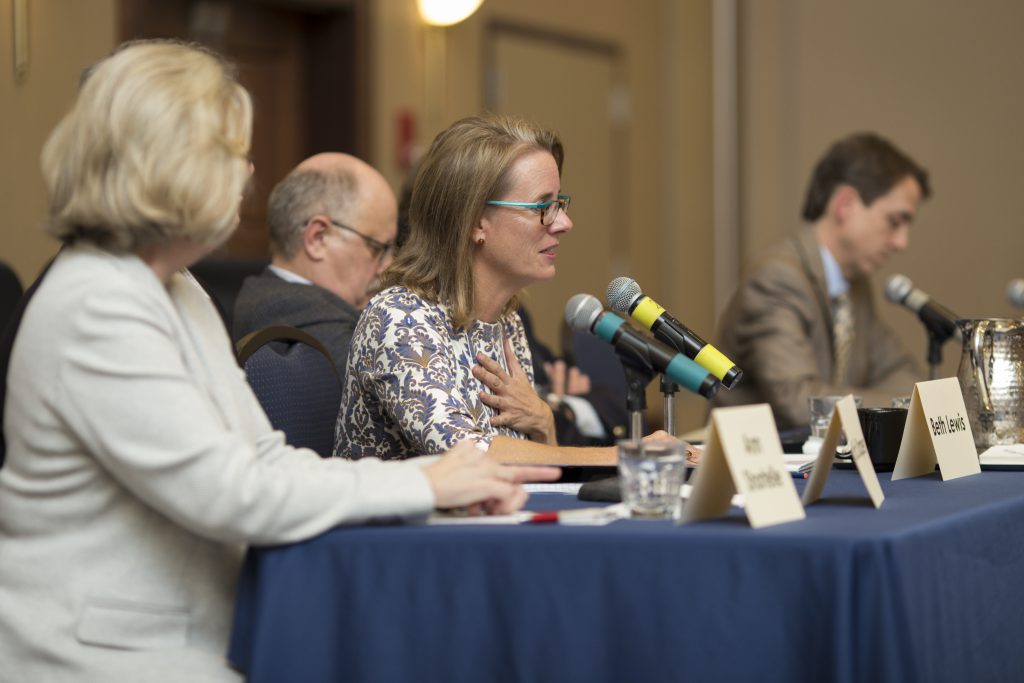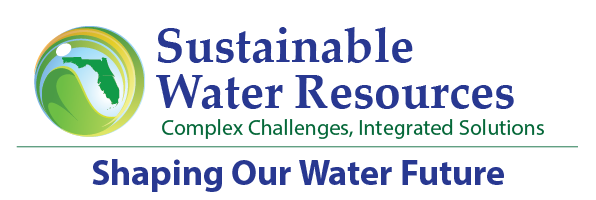
6th UF Water Institute Symposium
In keeping with the UF Water Institute’s years-long commitment, the 6th UF Water Institute Symposium brought together scientists, researchers, industry experts, and public policy officials to discuss Florida’s critical water issues and advances. Over 325 participants flocked to the University of Florida campus to understand and share research on current water use, conservation, restoration, and adaptation efforts and challenges while envisioning new ways of sustaining our water systems. The keynote was provided by Sandra Postel, Director of the Global Water Policy Project (click here for video). Over 160 contributed oral and poster presentations provided insight to new research, technologies, and possible solutions to Florida’s water issues. Oral presentations, panel discussions, and poster presentations addressed the following themes:
Drivers of social, hydrologic, ecologic and economic change
Water is a fundamental human and ecosystem need and is essential to many economic activities. The relationship between sustainable ecosystems and economic growth is intertwined with water management across various sectors of the economy (e.g., agriculture, manufacturing, recreation and tourism) and consumption interests (e.g., urban, rural and ecological). Water management is challenged by persistent trends arising from economic, social, regulatory and institutional factors, which are interrelated with climate trends and physical infrastructure needs. This theme solicits presentations exploring challenging trends in regional and local water resource management, water supply and water quality.
Impacts to coastal, surface water, spring and aquifer systems
Historical water and land use practices have resulted in myriad impacts to estuaries, lakes and wetlands, and to groundwater and rivers that connect them across hydrologic landscapes. As we shape our water future, efforts to remedy these impacts will need to focus on the complex causes and trajectories of environmental change within the context of rapidly changing climate and human resource demands. Interactions amongst stressors are a fundamental challenge, with changing water budgets, shifts in extreme event timing and frequency, current and legacy nutrient loads, altered species composition, and transformations of landscape hydrologic connectivity combining to impact ecosystem resilience. With the loss of resilience, ecosystem state changes can occur that can be difficult to reverse. This theme solicits presentations on diverse impacts to water systems, roles of interacting stressors on ecosystem responses and resilience, and existing and potential tools for meeting these challenges.
Tradeoffs among water use, conservation, restoration and adaptation
Increasing human population and competing demands for a finite fresh water supply have stimulated interest in evaluating tradeoffs among water use, conservation, and restoration. Climate change and variability have further motivated examination of choices between intervention and adaptation when developing alternate water futures. The perspective from which one views water tradeoffs can, however, frame perceptions of the issues and influence resulting behaviors. When tradeoffs are viewed as necessary due to water scarcity, anticipation of loss often underlies decisions about optimizing water use among competing sectors, including the environment. The range of perceived water values and valuation techniques is a challenge to defining water sustainability. Examining tradeoffs provides an opportunity to create integrated solutions toward a sustainable water future. This theme solicits presentations on understanding tradeoffs through scientific, behavioral, regulatory and policy efforts.
Solutions through science, technology, cultural, policy and management approaches
The future of water quality and quantity is dependent not only on advancement of scientific knowledge and technology but also on how this information is translated into policy and management decisions. Successful water policy and implementation rely on development of best management practices that are both feasible and culturally acceptable, critical elements for sustainability of water resources. Decision makers need to be included in developing water management tools that incorporate the latest science and technology. This theme solicits presentations on integrated solutions that link science, technology, culture, policy and management approaches.
The Symposium’s plenary session, Telling Water’s Story, showcased water issues through the eyes of the storytellers. With panelists who advocate for water conservation and reform through photography, art, film, and the written word, the panel explored the importance of having audiences connect with and relate to water’s story. The Water Institute welcomed Cynthia Barnett, award-winning environmental journalist and author, as the moderator for this panel discussion, along with panelists Jennifer Adler Owen, Sandra Postel, and Margaret Ross Tolbert. The video of the entire Session is available at this link.
The Symposium’s final plenary session, entitled Shaping Our Water Future: Recent Progress, New Challenges, provided a venue for leading scientists, engineers, managers, and policy makers to discuss major challenges to Florida’s water security, as well as new opportunities to shape Florida’s water future. Moderated by Water Institute Director Wendy Graham, the panel discussed barriers to cooperation among stakeholders, as well as ways to overcome those barriers. Video of the Final Plenary Session is available at this link.
Use the links below to view specific portions of the plenary sessions:
- Welcome and Opening remarks by:
- Dr. Wendy Graham, Director, University of Florida Water Institute
- Dr. Jack Payne, Senior Vice President for Agriculture and Natural Resources, University of Florida
- Harry Sideris, State President—Florida, Duke Energy
- Keynote presentation by Sandra Postel, Director, Global Water Policy Project
- Presentation of Poster Competition Awards
- Telling Water’s Story panel
- Shaping Our Water Future: Recent Progress, New Challenges
For details on the 6th UF Water Institute Symposium program, presentations and participants, check out the links below:
- Program (PDF) – View the 2018 Water Institute Symposium Program
- Book of Abstracts (PDF) – View abstracts by clicking on author name or title
- Presentations and Abstracts – Click on each session to find abstracts and presentations
- Poster Sessions and Awards – View all poster abstracts and Student Award Winning posters!
- Photos
We gratefully acknowledge our Sponsors:
Founding Sponsor

Silver Sponsors



Bronze Sponsors


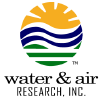
Graduate Student Poster Award Sponsors
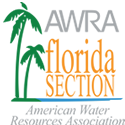



Students Sponsors
